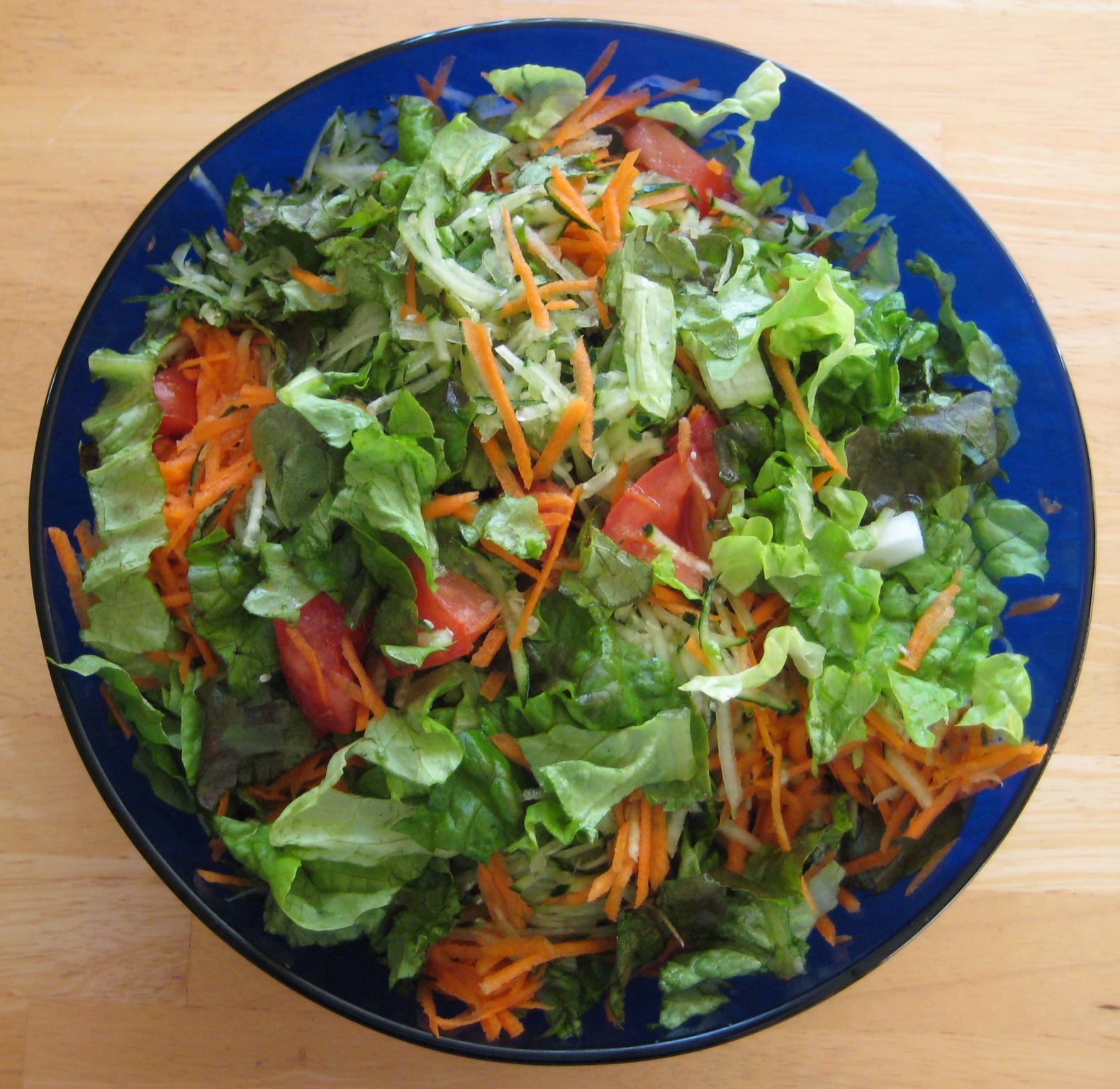From our experience, this is by far one of the most commonly asked questions of people on raw or plant-based diets. The answer is fortunately quite simple: all plants contain protein. This may come as a surprise for some given that meat is commonly thought to be the sole or main source of protein in food.
Because all plants contain protein, all whole natural plant foods contain protein. Here is a summary of the protein content in a variety of plant foods found on a plant-based diet:
| Type of Food | Carbohydrate | Protein | Fat |
| Sweet Fruit | 89% | 6% | 5% |
| Vegetables | 73% | 18% | 9% |
| Nuts and Seeds | 16% | 11% | 73% |
| Avocados | 19% | 5% | 76% |
| Coconuts | 17% | 4% | 79% |
| Legumes | 66% | 30% | 4% |
| Grains | 80% | 12% | 8% |
| Pseudograins | 71% | 15% | 14% |
| Yams | 92% | 7% | 1% |
| Spirulina | 26% | 64% | 10% |
| Oil | 0 | 0 | 100% |
This chart shows the macronutrient (carbohydrate, protein, and fat) averages in a variety of types of foods as a percentage of calories. Some people may think that fruit does not contain protein, but as we can see, about 6% of the calories in fruit come from protein. Vegetables are higher in protein than fruit and nuts and seeds.
Even coconuts and avocados that are known for their high fat content contain some protein. Legumes are high in protein and low in fat, and can be considered a lean source of protein. In general, pseudograins are higher in protein than grains. True grains are found in the grain or grass family, known as the Poaceae, while pseudograins or pseudocereals including quinoa, amaranth, and buckwheat and are not members of the grain family. Quinoa and amaranth are found in the amaranth plant family (Amaranthaceae) and buckwheat is found in the Polygonaceae plant family.
Yams are well-known for their carbohydrate content and contain 7% of the calories from protein. Spirulina, a cyanobacterium, is the highest of all at 64% of the calories from protein. For more information on spirulina, check out my video. All oils are 100% of the calories from fat, which is one of the many reasons that I encourage people to eat whole natural plant foods, which are some combination of carbohydrate, protein, and fat.
How does this information compare to our protein needs? The World Health Organization suggests that a protein intake of 0.8 g of protein per kilogram of body weight is estimated to cover 97.5 percent of the human population’s needs. For someone who weighs 120 lbs. this would be 44 g of protein per day or 9% of the calories on a 2000 calorie per day diet. For someone who weighs 150 lbs. this would be 54 g of protein or 10% of the calories on a 2200 calorie per day diet. Our daily diets are composed of a combination of whole plant foods that contain more protein than these respective gram measurements and average out to greater than these percentages of calories from protein. Not surprisingly, after a combined 50 + years of living this lifestyle, we feel great.
We encourage you to learn more about this fascinating and often contentious topic, so we further delve into the protein content of raw and plant-based diets in our online Mastering Raw Food Nutrition and Educator Course. For more class details, click here.
Our book The Raw Food Nutrition Handbook: An Essential Guide to Understanding Raw Food Diets addresses plant protein in greater depth and many other hot topics in raw food nutrition such as essential fats, nutrient content of raw food diets, food combining, enzymes, hydration, vitamins, minerals, and many more. We value education on these important topics and are happy to finally bring this book to you. The book is available on Amazon and other online booksellers.
https://www.youtube.com/watch?v=UOlbU1vj9ms&feature=youtu.be
One of the best ways to keep in touch with us is to join our email list. You’ll receive a free copy of Our Top 12 Strategies for Long Term Success on A Raw Plant-Based Diet eBook along with regular information about raw food and plant-based diets and periodic promotions for our classes, events, and other offerings!


